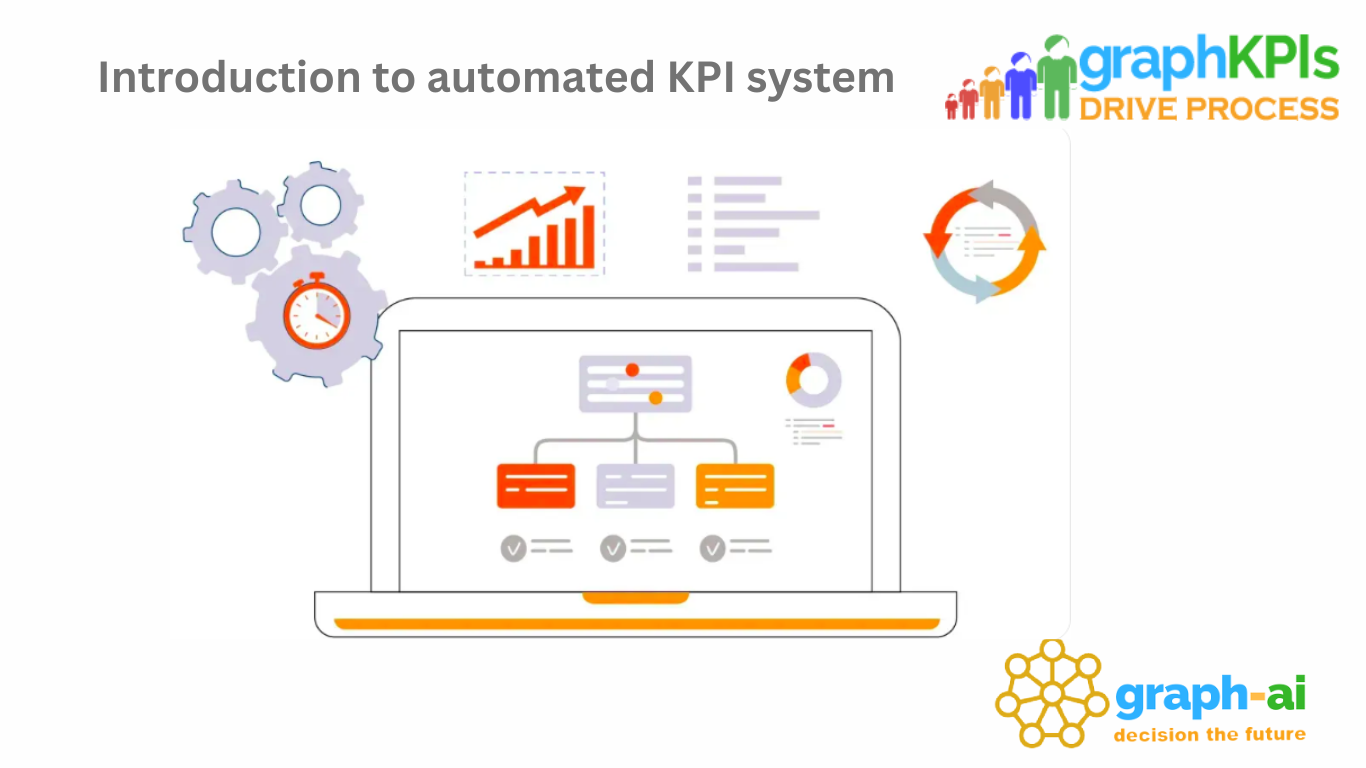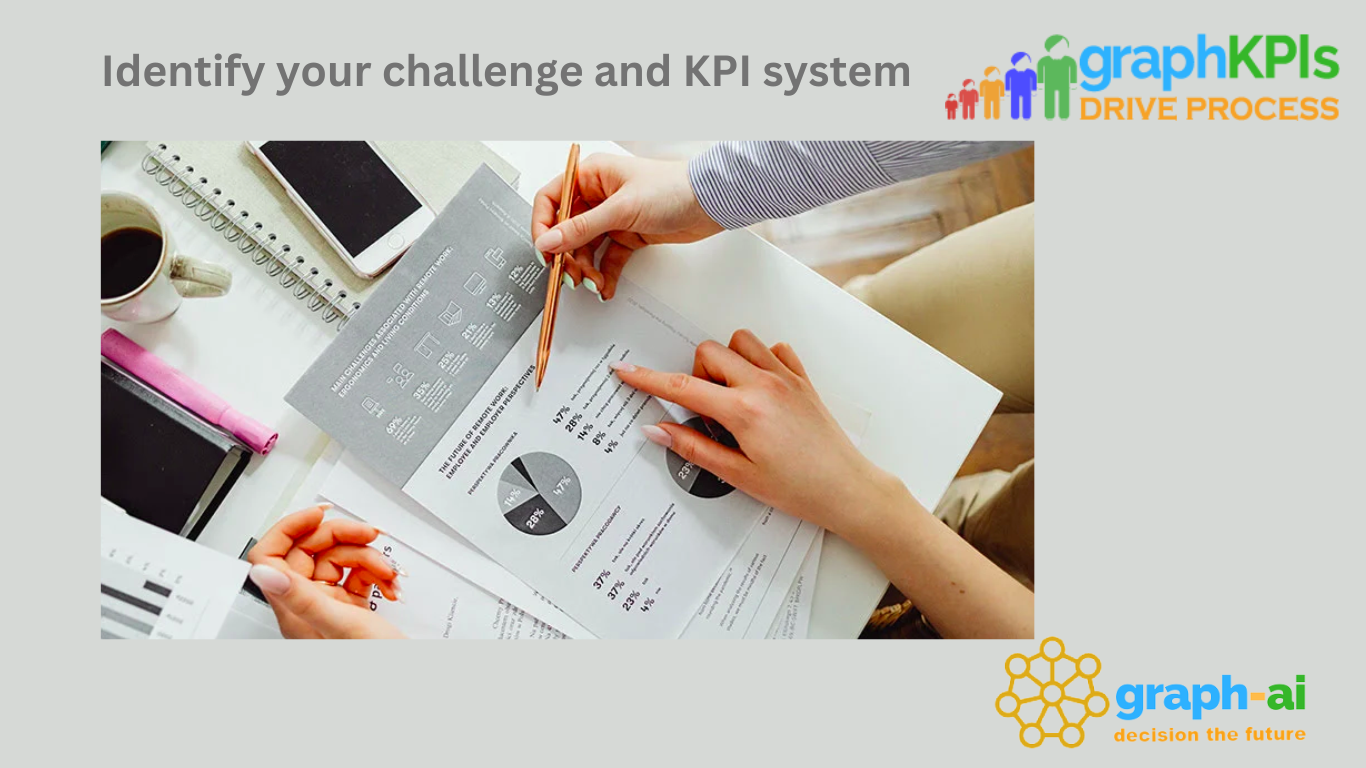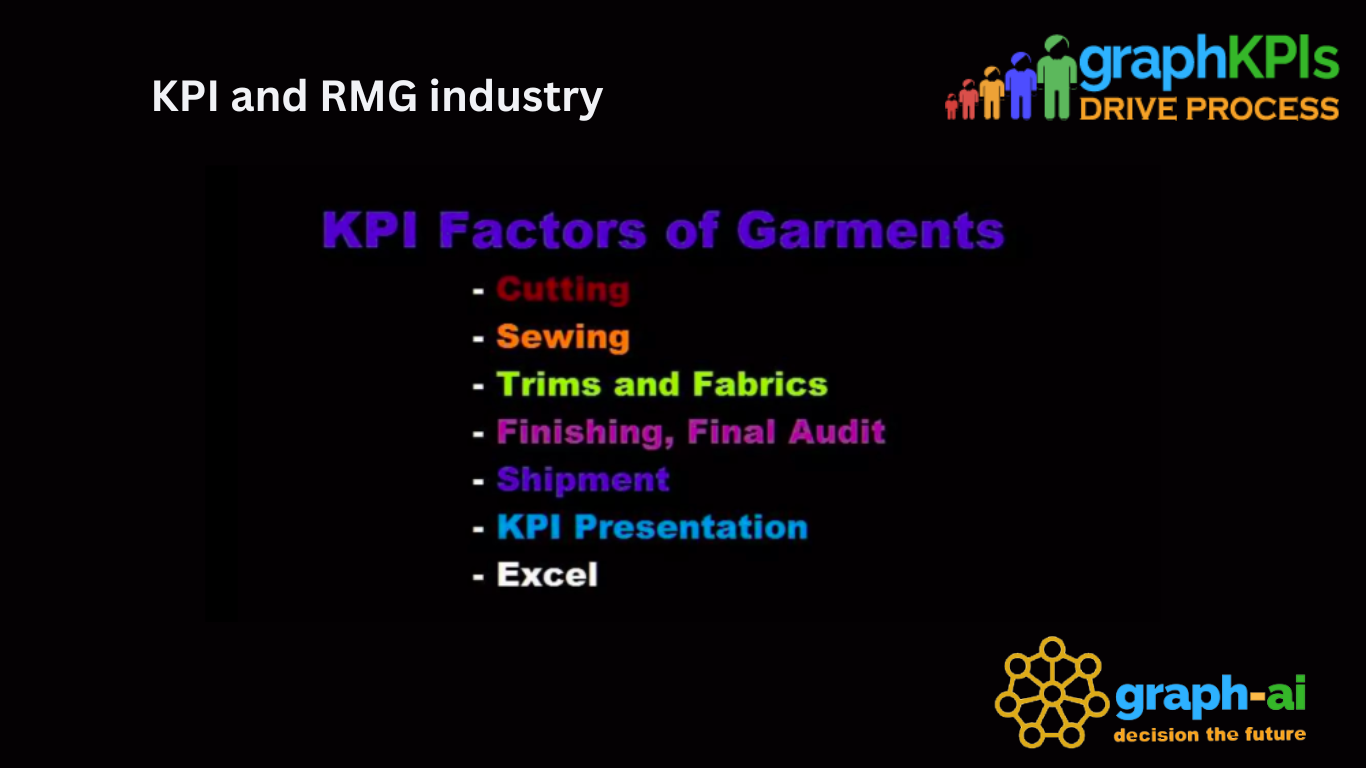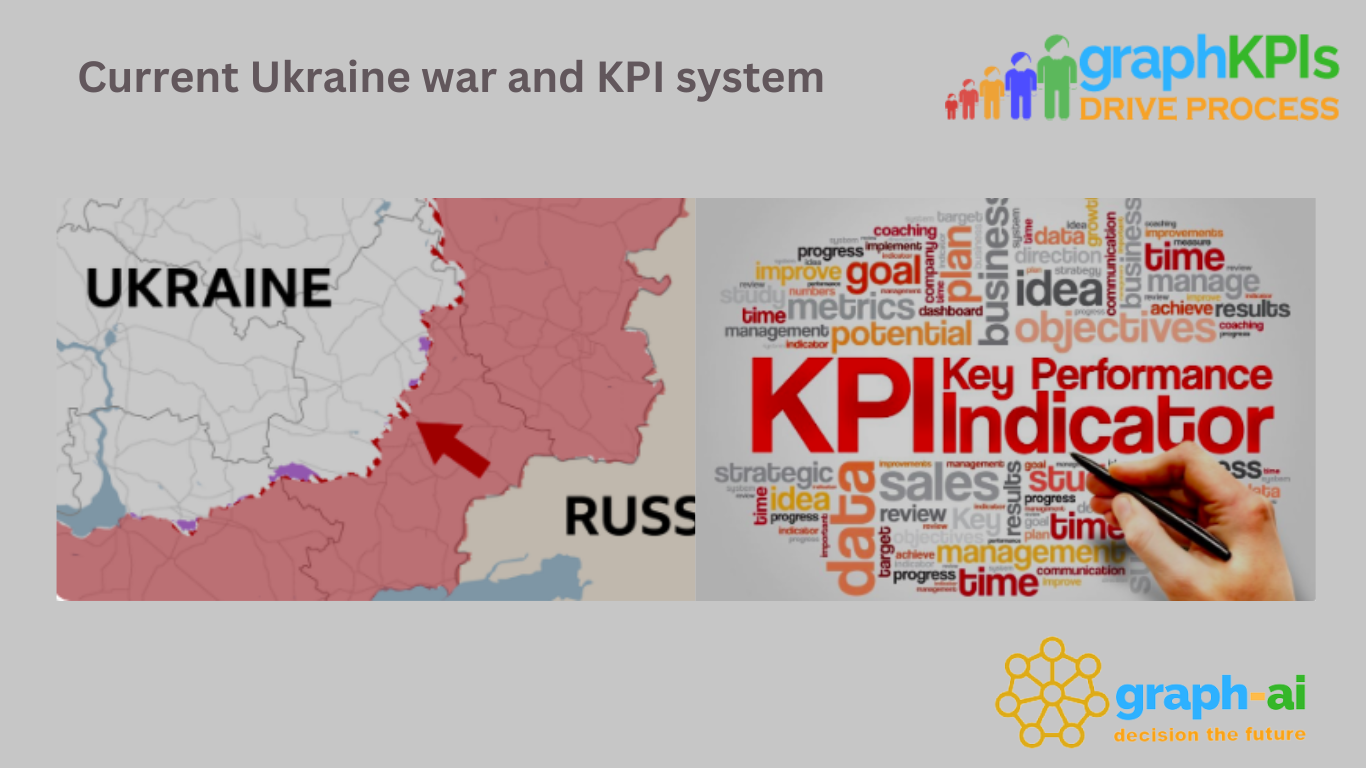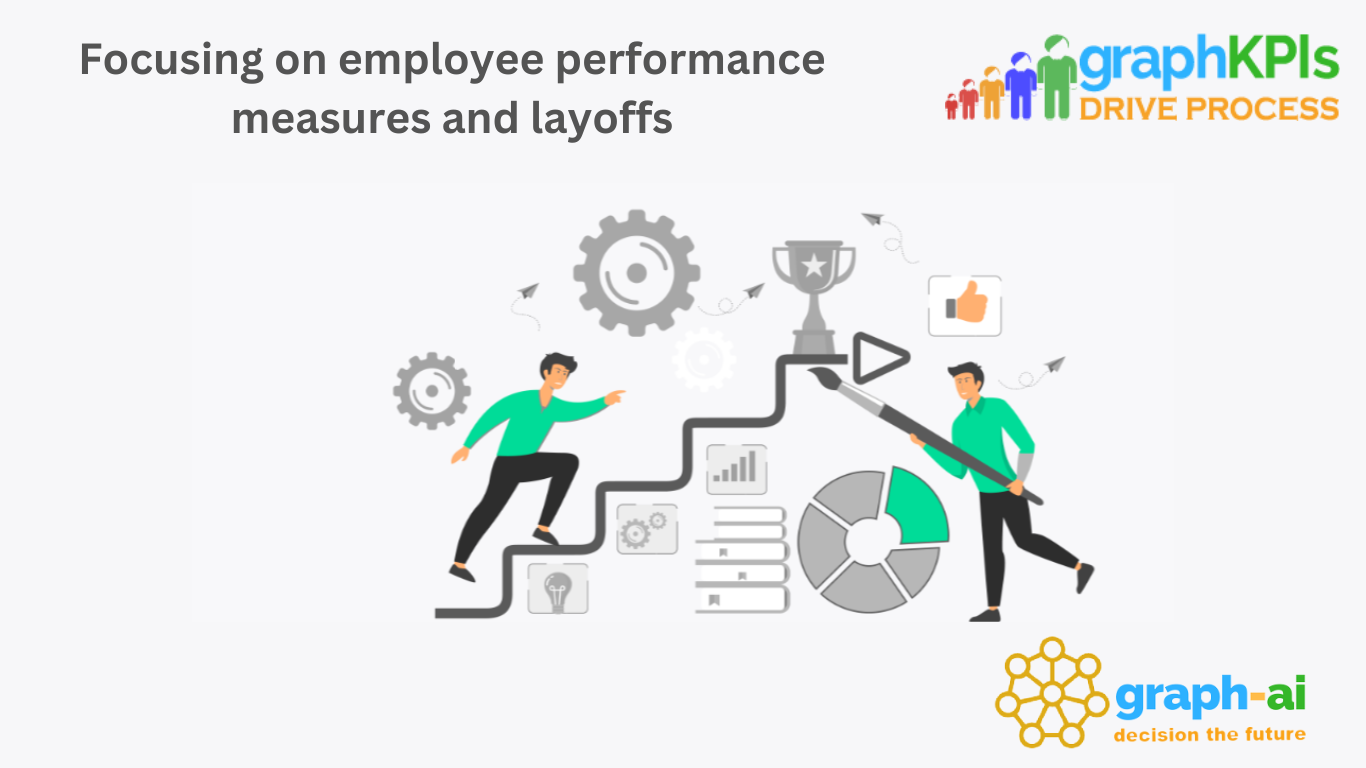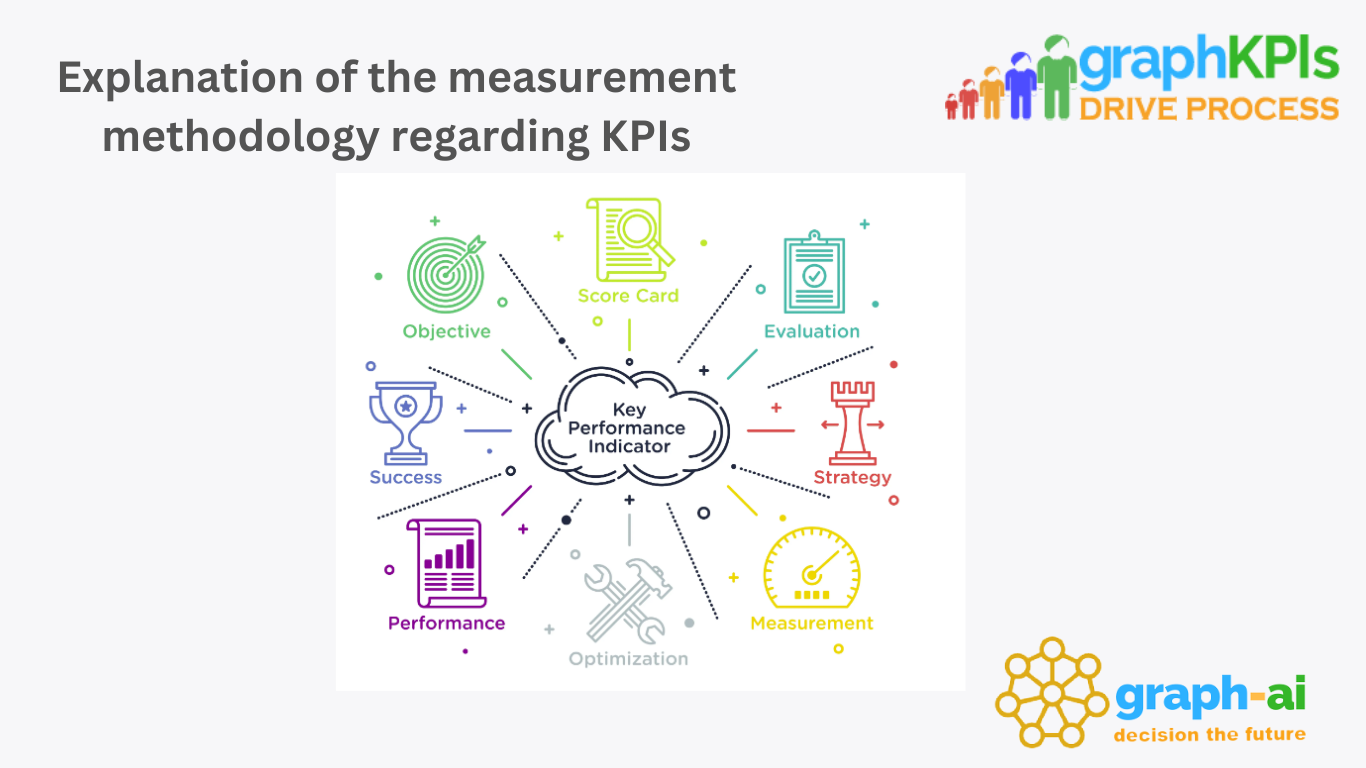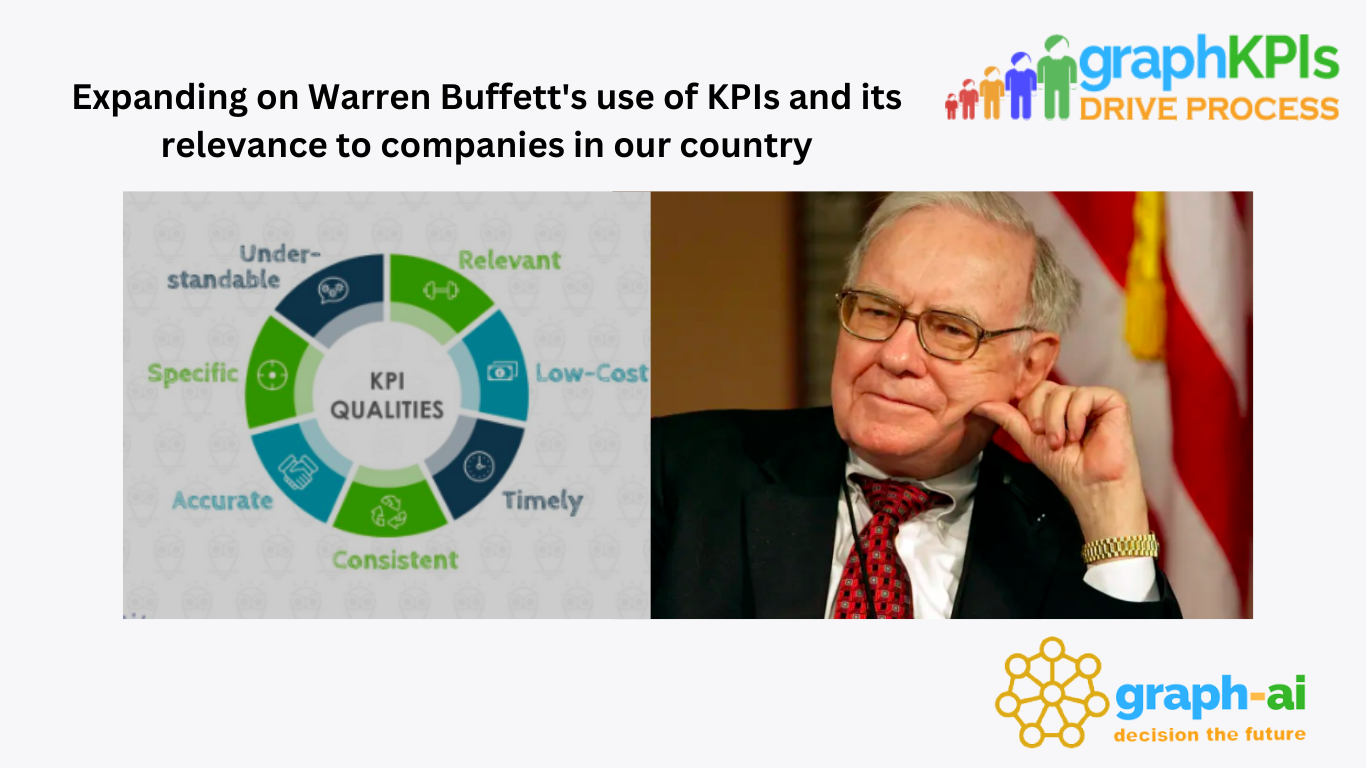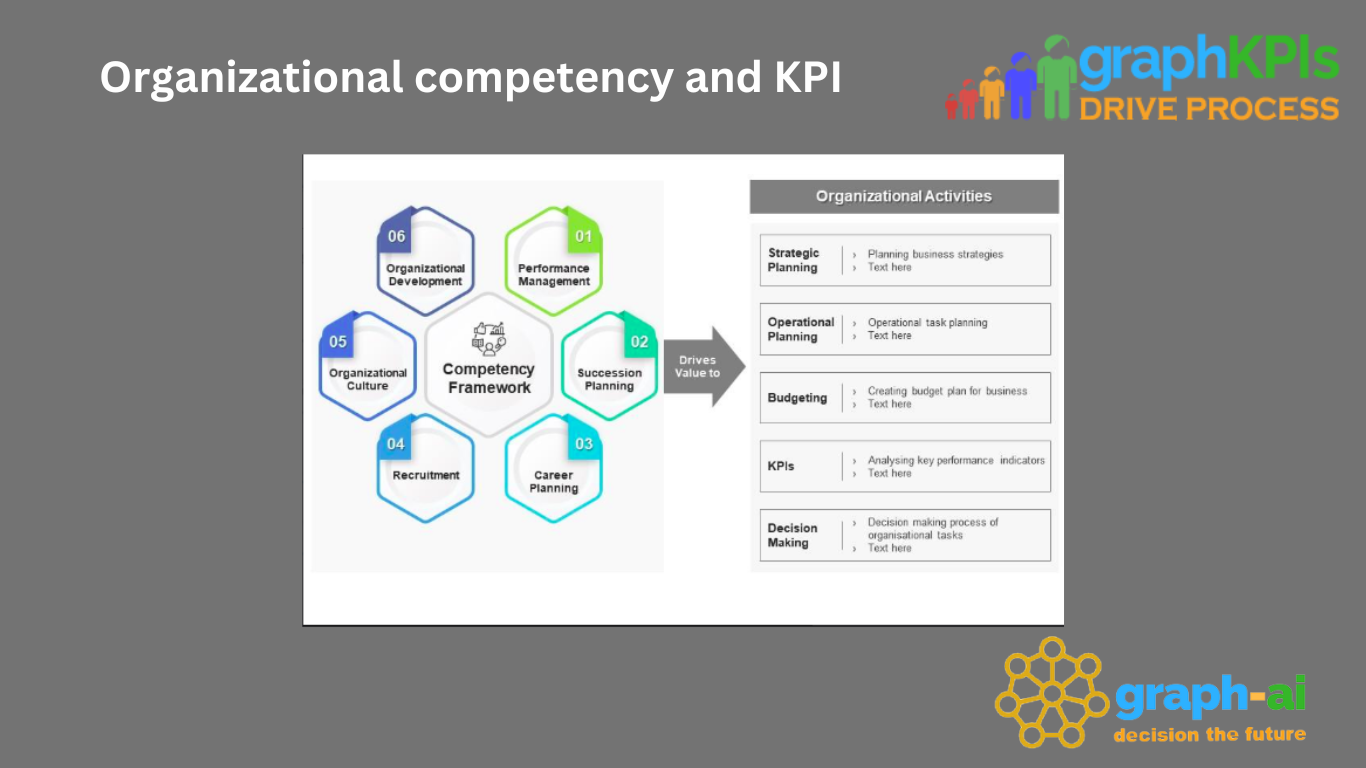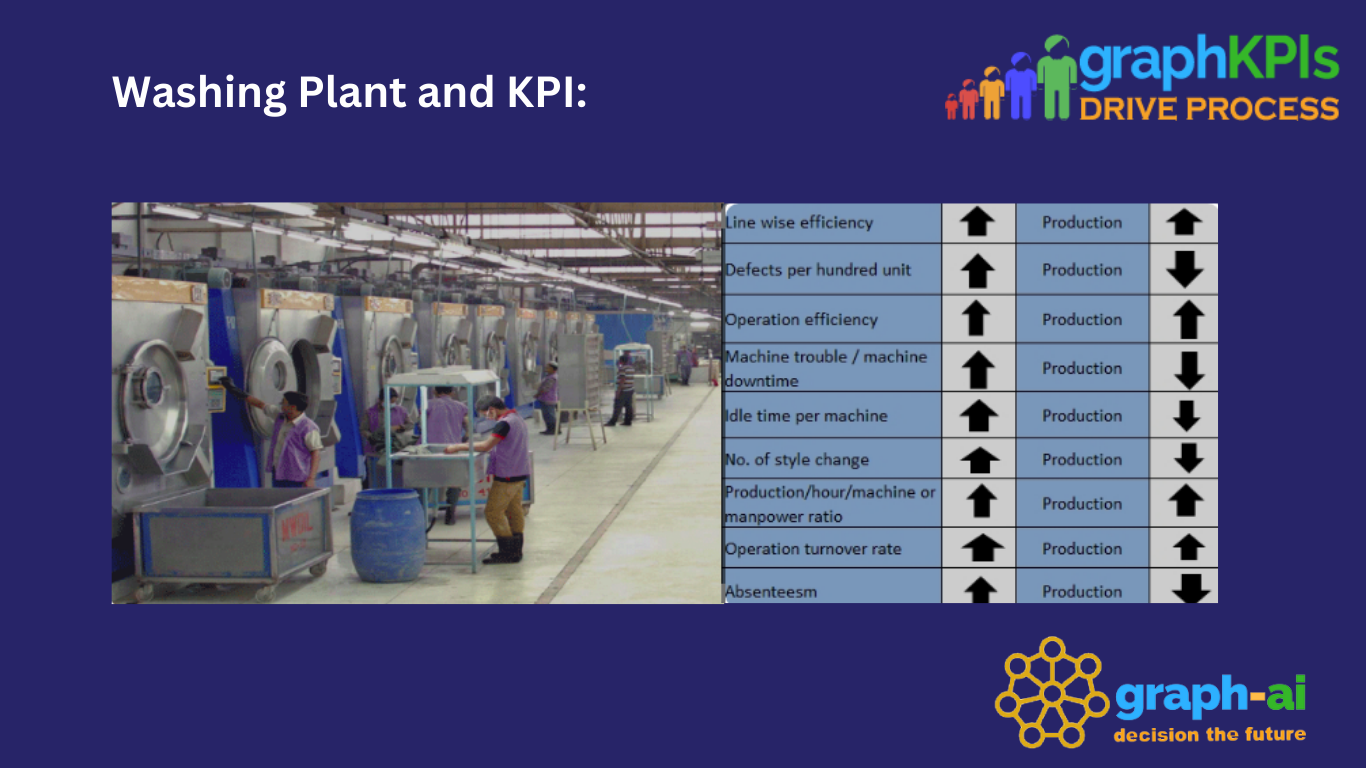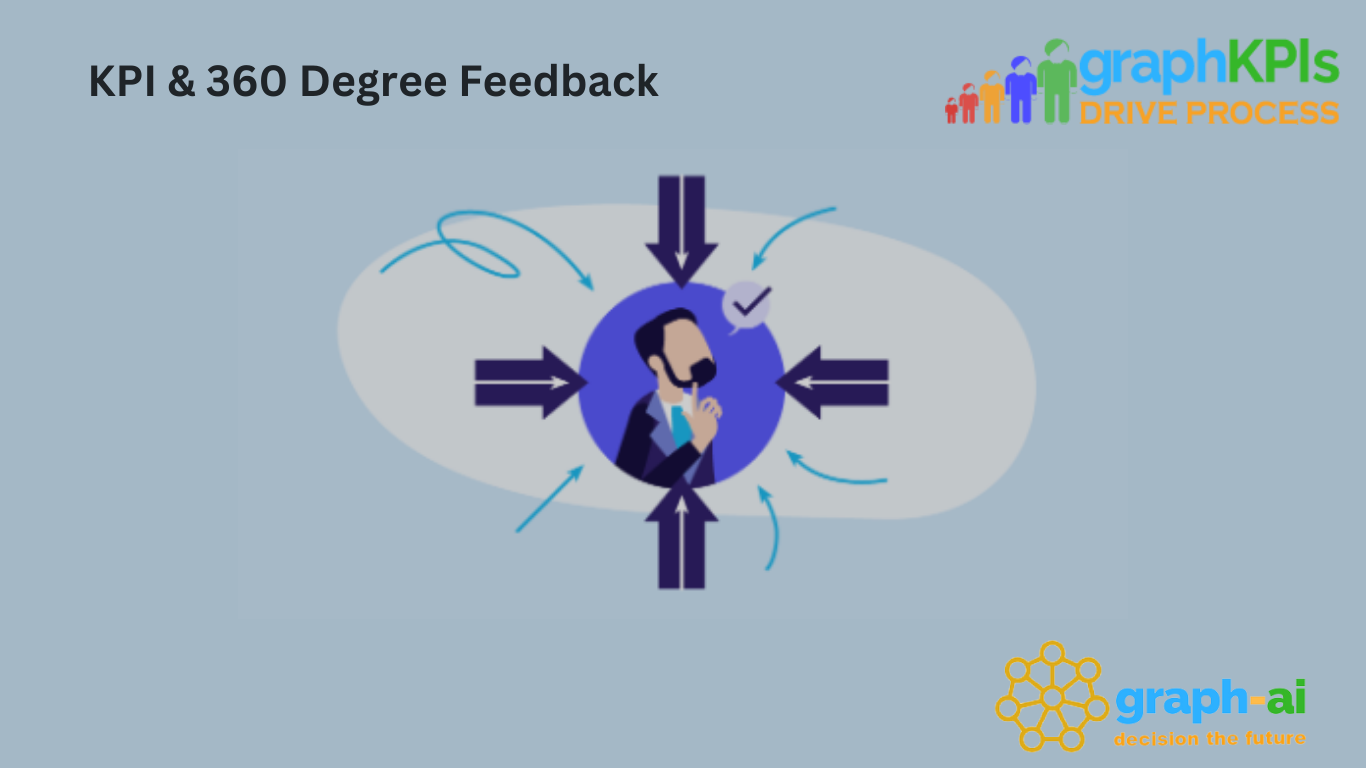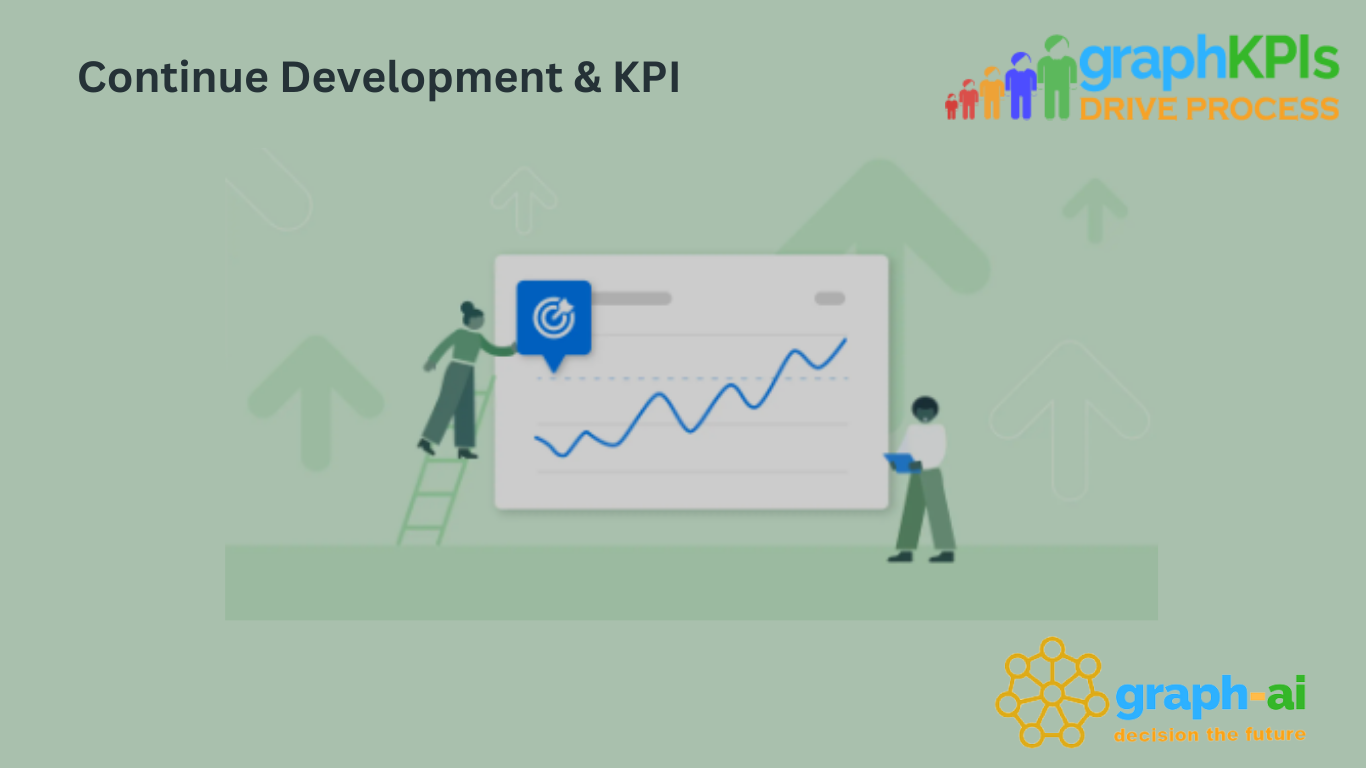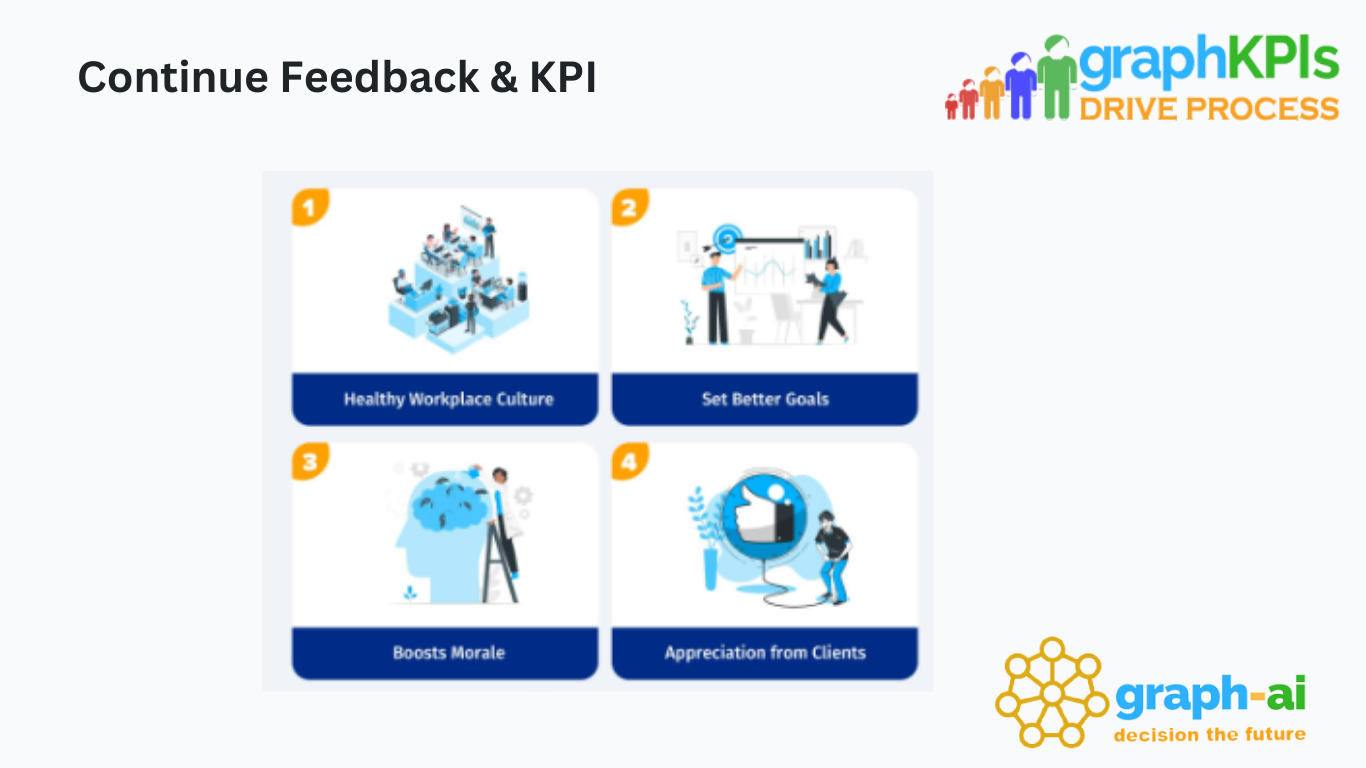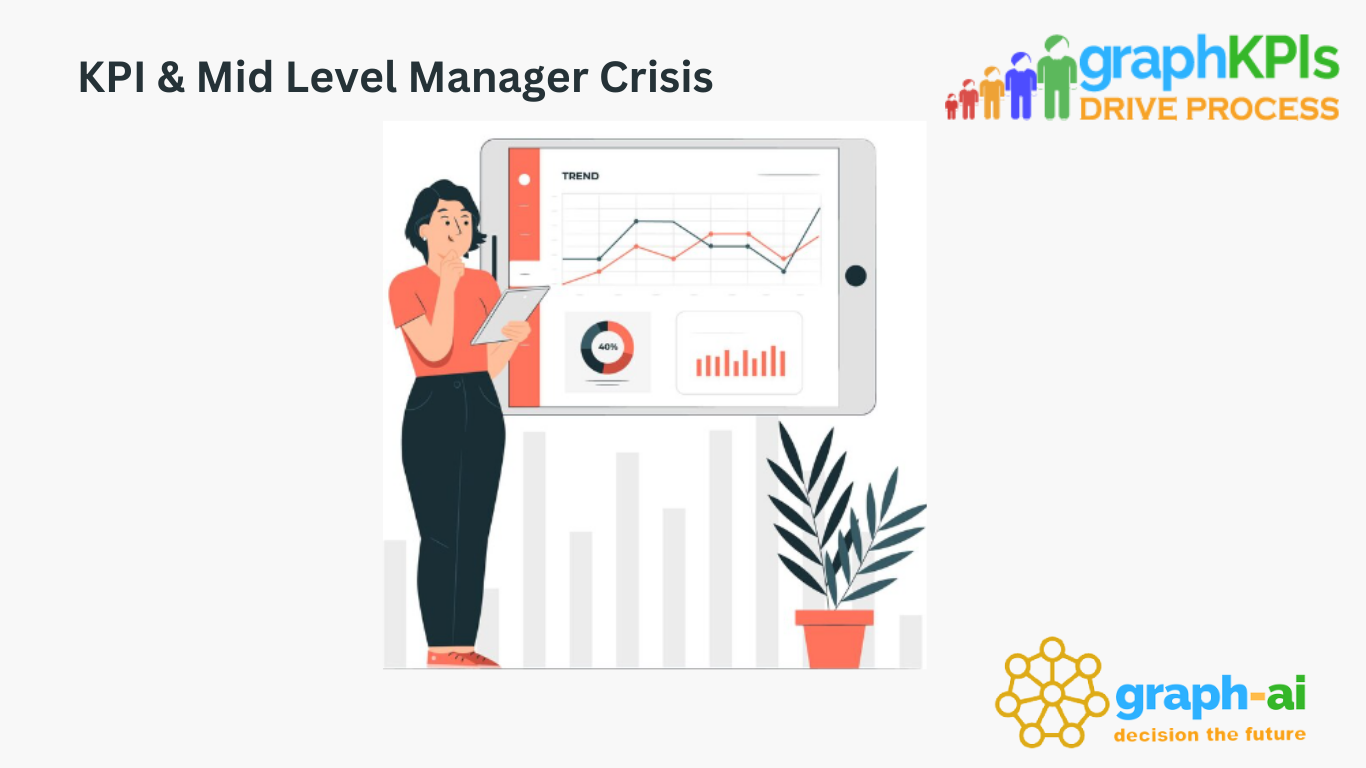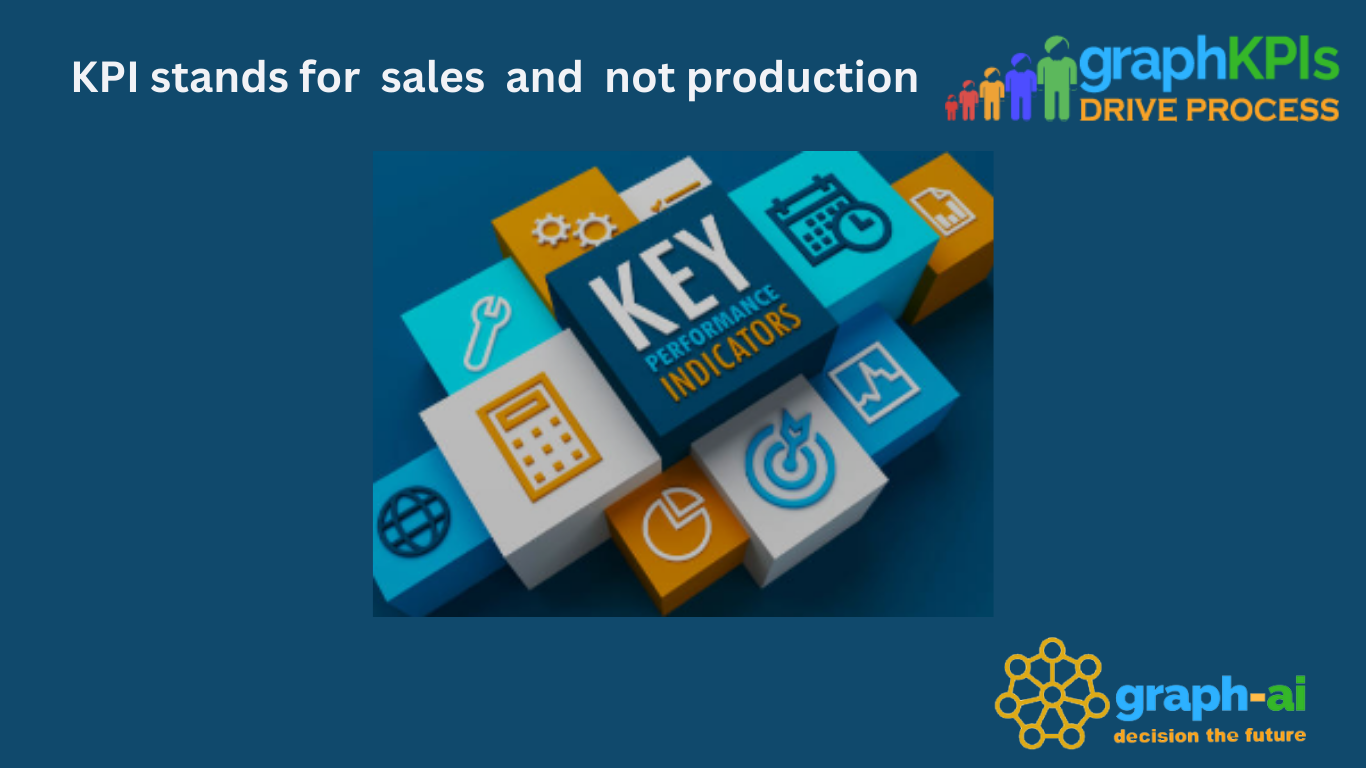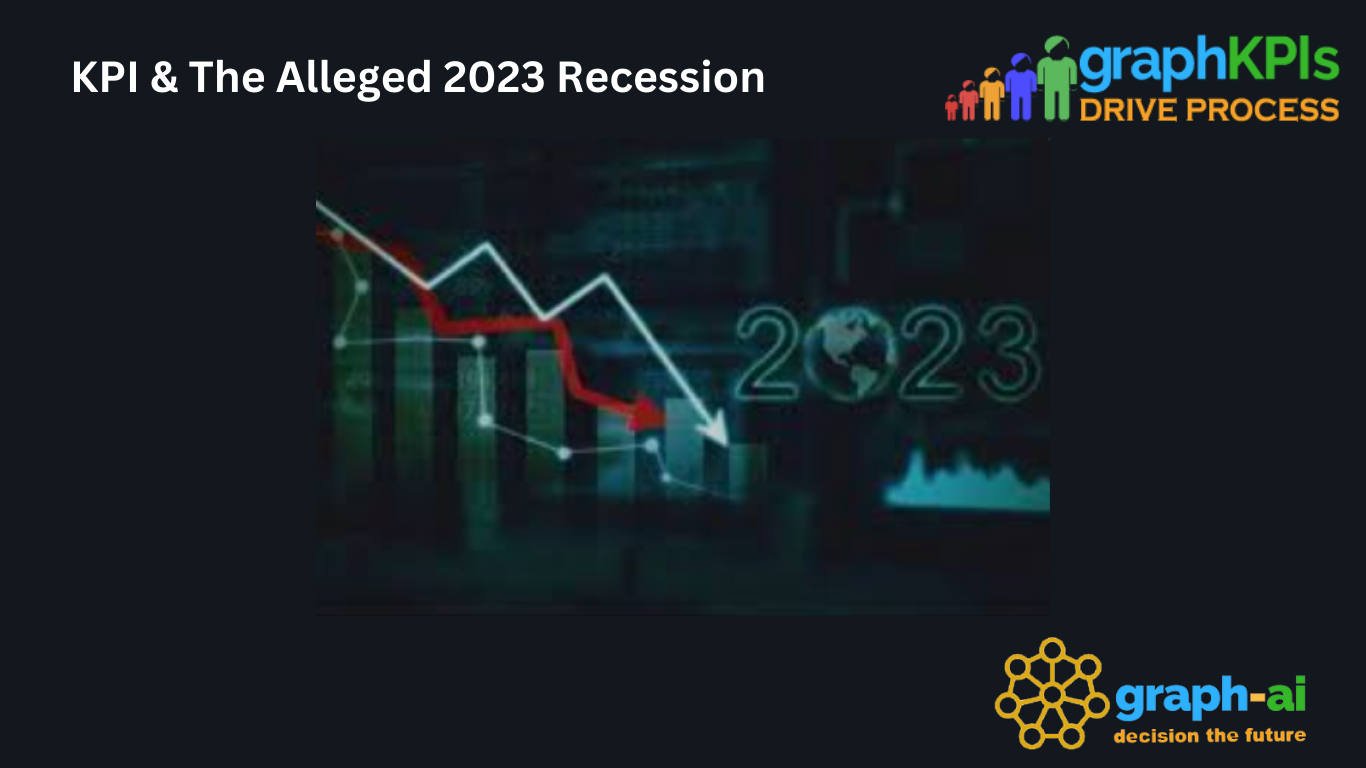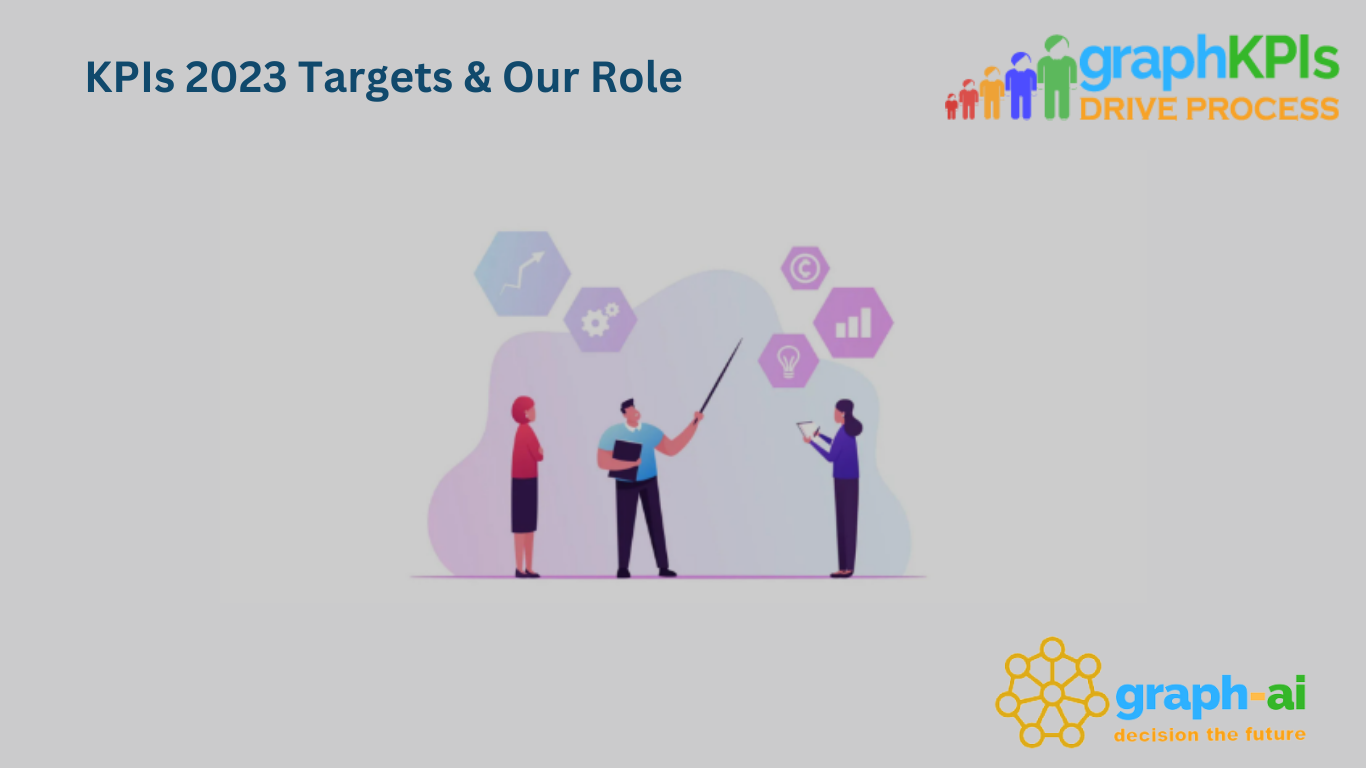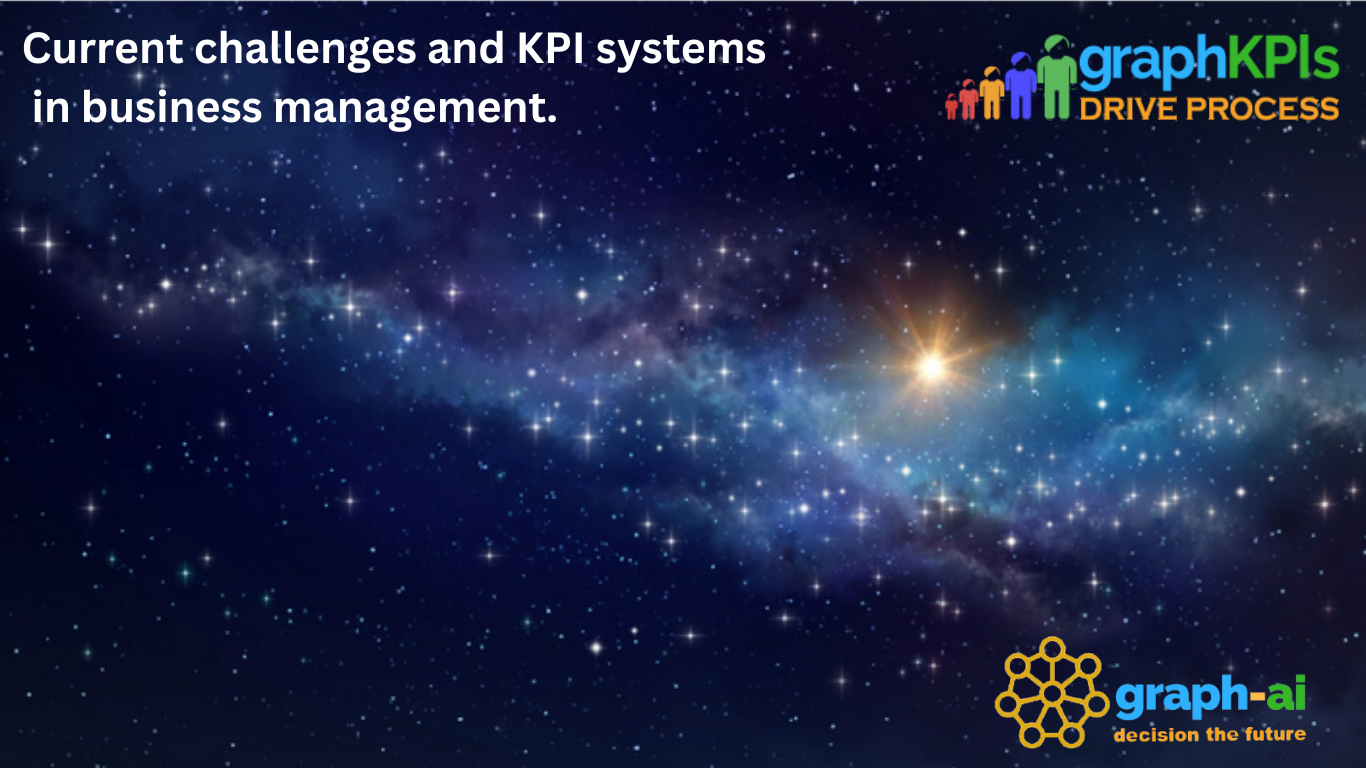Story of KRA and KPI - 09
In the wake of the ongoing conflict in Ukraine, the global economic landscape is experiencing significant turbulence. The resultant inflation and fuel oil crisis have reverberated across nations, including our own. As a consequence, our country is grappling with an energy crisis, leading to an escalation in scheduled load shedding. This reduction in available production hours poses a formidable challenge for our factories, particularly in meeting the imperative of On-Time Shipment amidst heightened customer expectations.
Amidst these adversities, the importance of Key Performance Indicators (KPIs) becomes paramount. By strategically leveraging KPIs, we can navigate the constraints imposed by reduced production hours and ensure the efficient utilization of available resources.
One approach entails aligning our workforce with targeted and compliance-oriented objectives. By establishing clear KPIs centered on efficiency measures, such as minimizing wastage and rejection percentages in critical departments like Cutting and Washing, we can optimize workflow without sacrificing quality. For instance, monitoring the Cut to Ship ratio can help identify areas for improvement in the Cutting Department, thereby reducing repeat cutting and eliminating unnecessary time expenditure. Similarly, tracking KPIs related to rejection and re-wash percentages enables proactive measures to enhance process efficiency and streamline operations in the Washing Department.
Moreover, integrating the planning department's activities within the framework of compliance ensures synchronization between target plans and actual execution, thereby facilitating timely completion of production tasks. By instituting KPIs that accurately gauge factory capacity, the planning department can enhance its ability to forecast and allocate resources effectively, mitigating potential bottlenecks and delays.
Furthermore, a comprehensive approach involves designing KPIs for all organizational departments and empowering employees with the necessary training to implement them effectively. This fosters a culture of accountability and continuous improvement, wherein employees are equipped to proactively identify and address inefficiencies, thereby driving towards the achievement of our production targets within the confines of reduced time availability.
In essence, the integration of KPIs into our operational framework serves as a strategic imperative in navigating the challenges posed by the current economic environment. By leveraging KPIs to optimize resource utilization, enhance process efficiency, and foster a culture of accountability, we can adapt to the evolving landscape and sustain our competitive edge amidst uncertainty.
Continuing the journey together ...............
Leave a Reply
Your email address will not be published. Required fields are marked *

